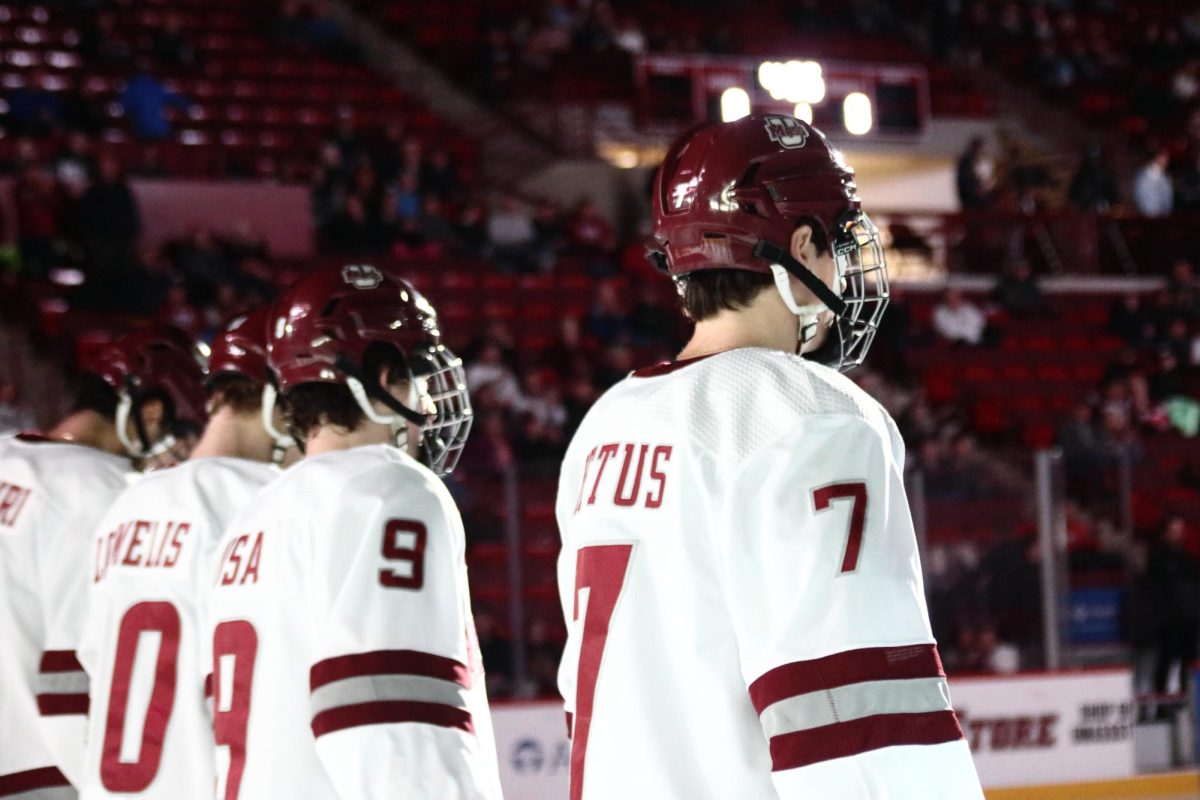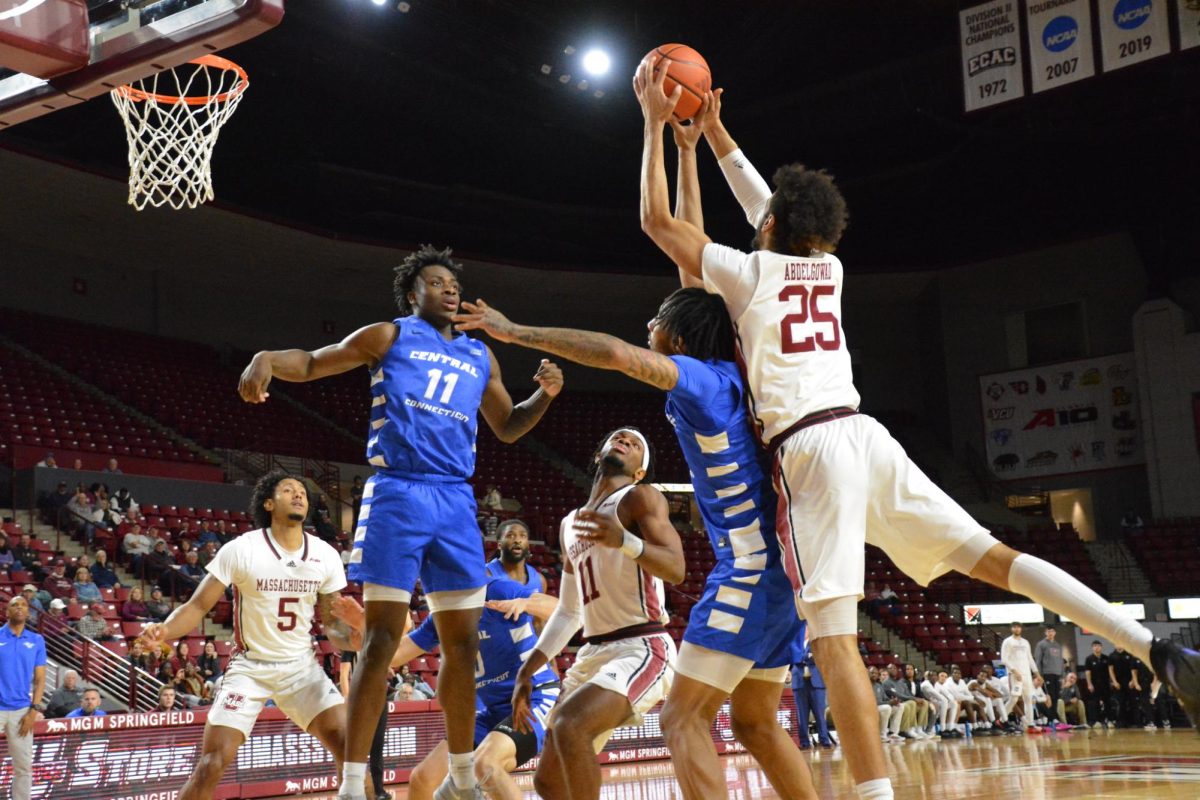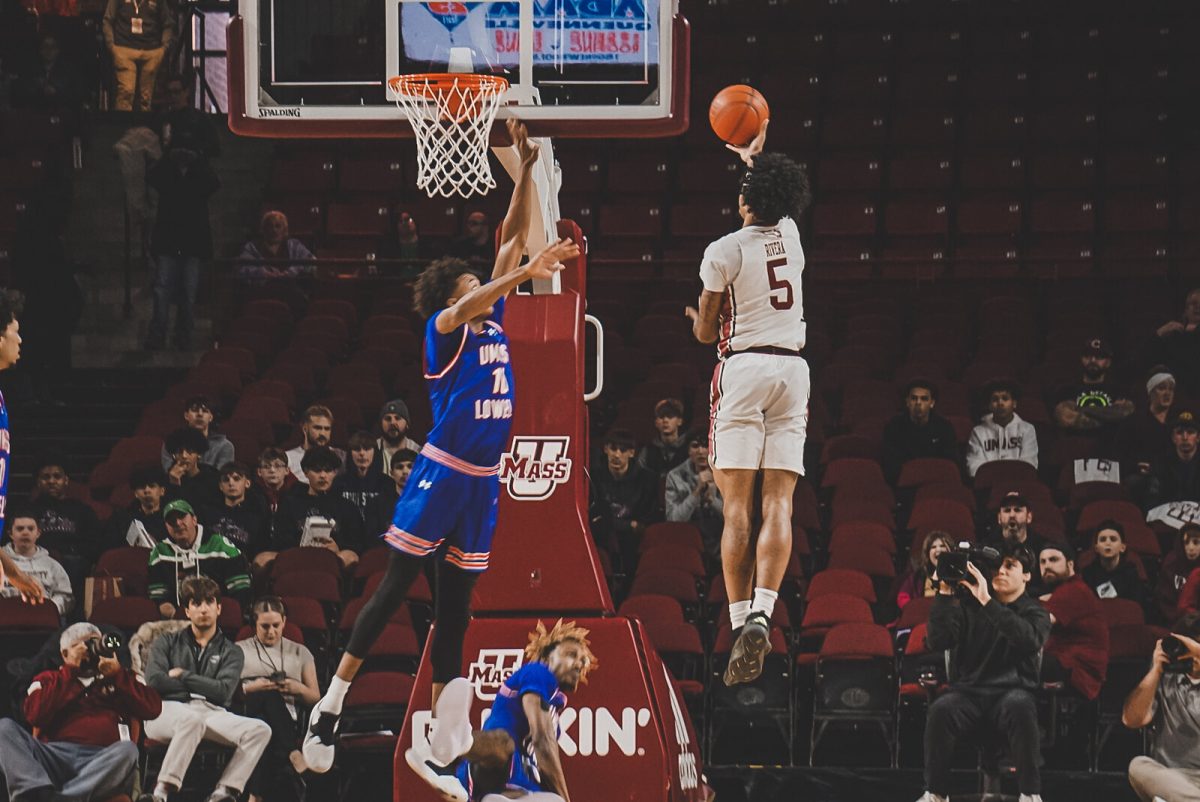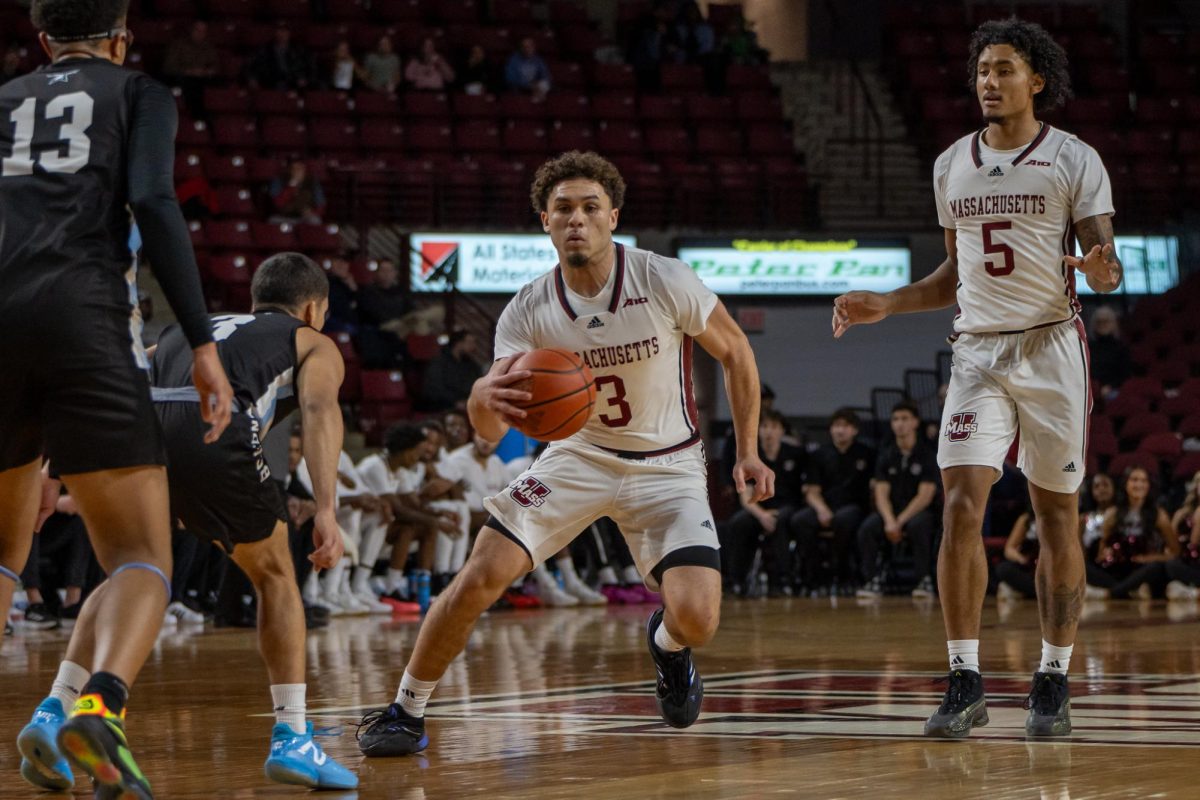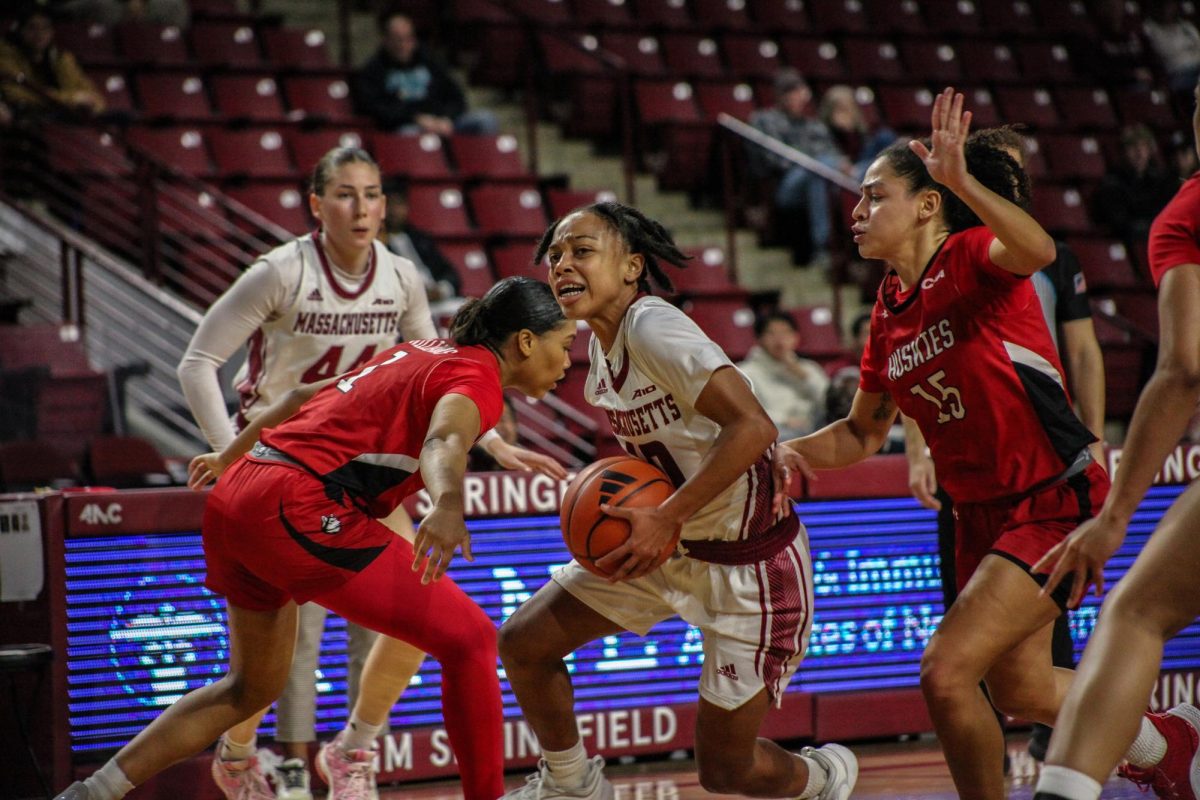The Radical Student Union continued its series of video presentations aimed toward fostering debate about the war in Afghanistan last night in the Campus Center. Last night’s video, titled 9.11, offered an alternative to the mainstream media’s portrayals of the attacks in New York City and their aftermath.
The video opened with a montage of news sound bites and sirens played over images of firemen, empty-handed medical workers, shrines on the sidewalks, and shots of the World Trade Center towers crumbling. Gradually, the sound of a man’s voice singing a gospel tune faded in over the montage of noise. Finally, the images transitioned to the singer on a subway car, as he stopped singing and began to lecture passengers. “Thank God for another day,” he said. “Thank God for the last five minutes. ‘Cause we’re at war and the only thing war means is that a lot of people are going to die. And it probably won’t be the government because they’re well protected.
“I have one question for you all on this train,” the unidentified man went on. “Why are we at war? Can any of you tell me why we are at war?”
No one on the subway offered an answer, but as the video moved through about 30 minutes of anonymous man-on-the street interviews and recordings of protests by activists, some suggestions were put forth.
Many turned to the media when looking for a reason why grief had escalated into counterattack.
“Before anything else, we were being bombarded by images of a so-called enemy, who has a beard, who wears a turban, who is of dark complexion,” one person remarked. “Then President Bush is speaking in politically correct language about not attacking Muslims while they show only Muslim people on TV.”
Another man said that U.S. foreign policy was the cause of the war. “One disastrous policy after another and now it’s brought us to this kind of moment when the chickens come home to roost,” he said.
The interviewees also had different ideas about what should be done, though most agreed that war was not the answer. “Terrorists don’t need anything you can bomb out of existence,” one man said. “All they need is desperation and the continued inequity between countries around the world.”
Another woman said, “The solution is for America to look at itself.”
No matter what the cause or solution, activists portrayed on the video seemed to unite behind the idea that the mainstream news media had not been fair in its portrayal of public opinion. One young man said he felt that the media had been “insensitive and manipulative” in saying that everyone in the country was calling for war.
Others went a step further in warning what would happen if the cycle of violence continues.
“There will be more days like Sept. 11,” an interviewee claimed. “I don’t think we want to live like that. We’re heading down a very dangerous road.”
The UMass audience had views of their own. Audience member Charles Coburn protested what he felt were anti-Semitic sentiments in the video and questioned the blame that he claimed has been put on Israel, and its military support by the United States, for the Sept. 11 attacks.
Moderator Ryan Coughlin, a senior Psychology major, countered that the purpose of the video was not to lay blame on any one group, but to offer different perspectives on what has happened.
“Some of it is rooted in actual grievances and not just a general blanket anti-Western sentiment,” Coughlin argued. “Granted, some of those grievances are subjective, but all views should be considered in this situation.”

